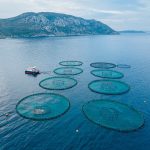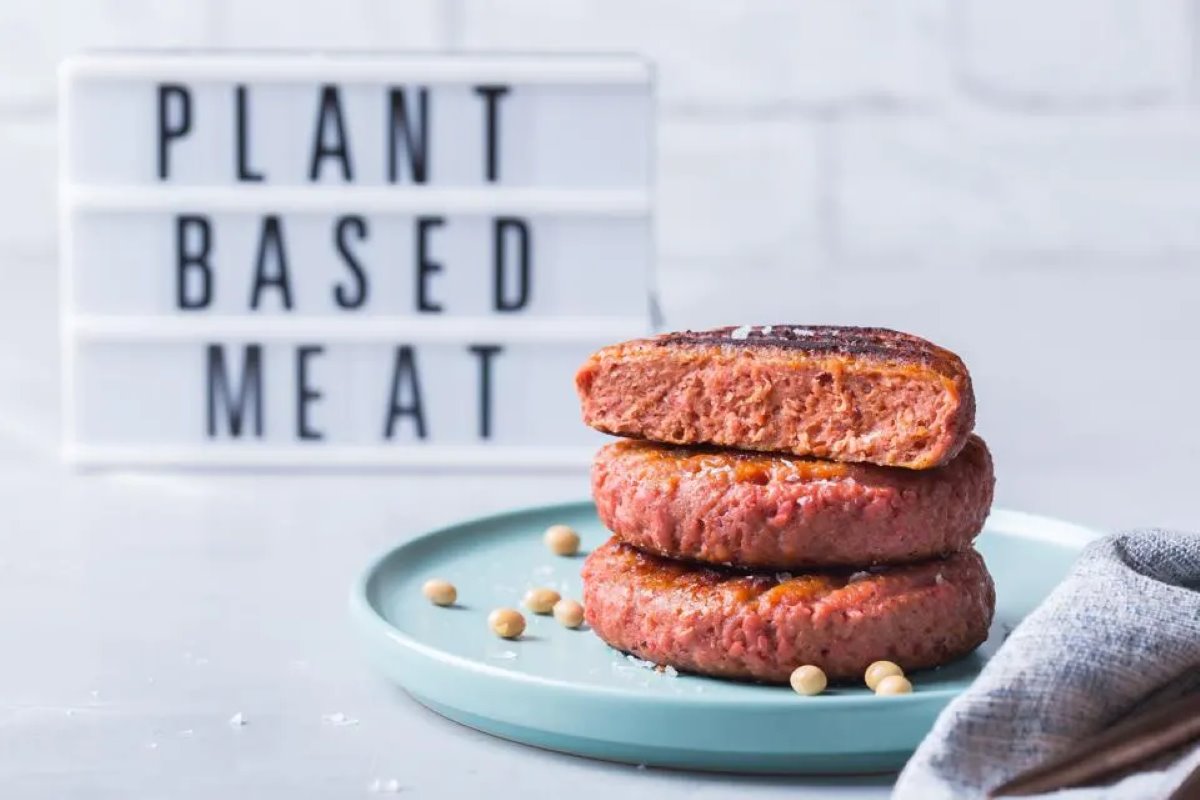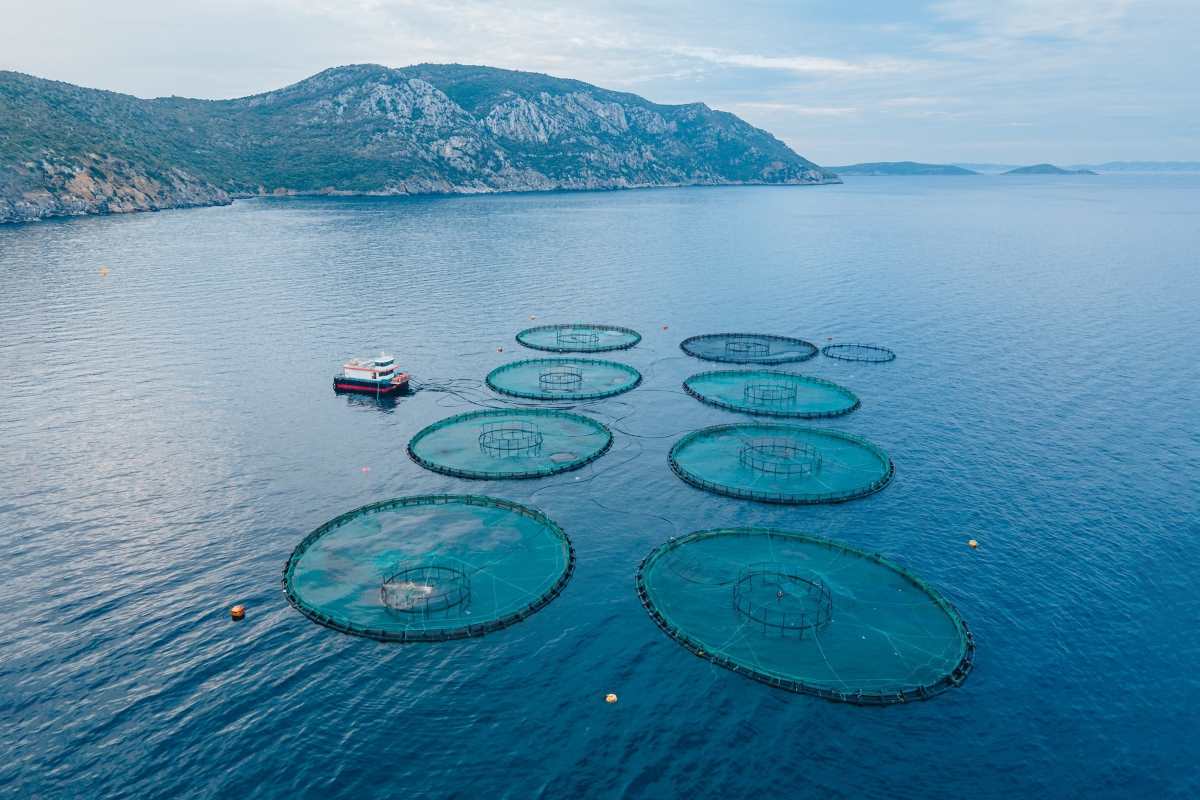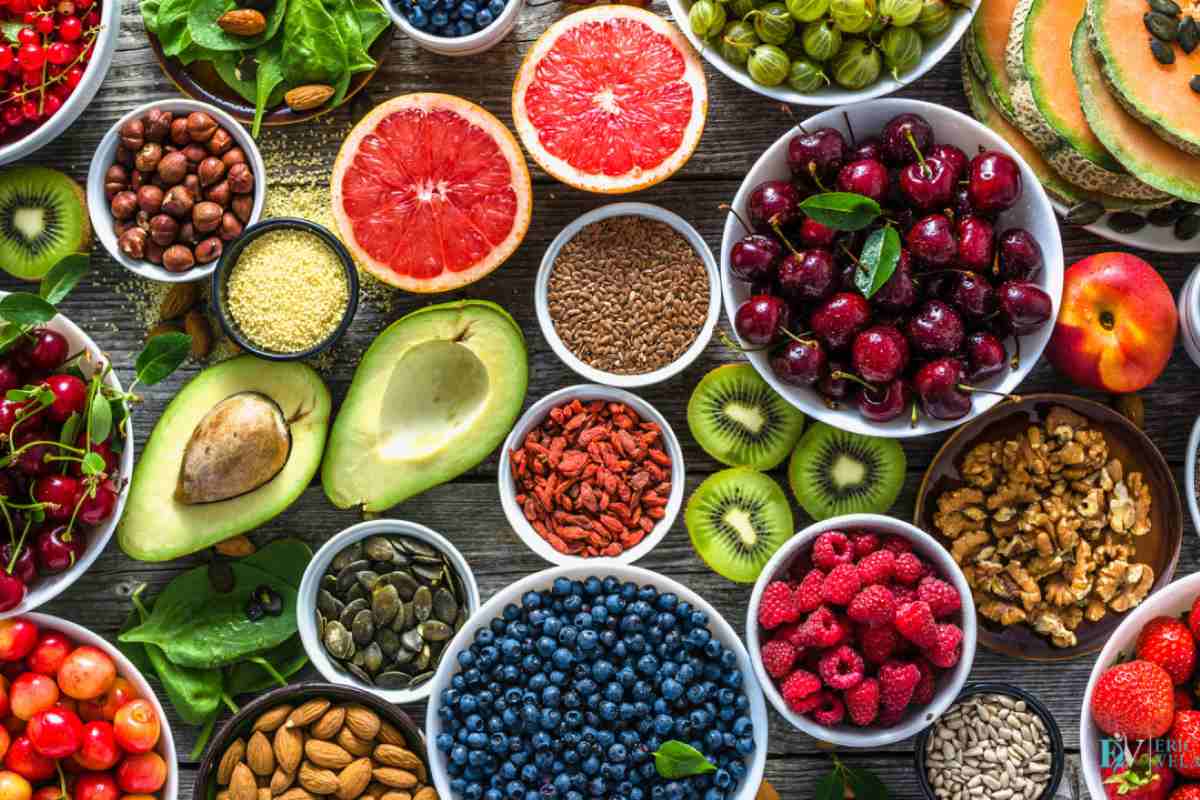Truth be told, the average food consumer rarely gives a hoot about plant-based meat environmental impact. If the dish is tasty and easy on the pocket, diners are often game. Nonetheless, advocates of eco-friendly diets are warming up to sustainable protein options.
Startups like Impossible Foods and Beyond Meat are popularizing the movement for plant-based meat environmental impact. However, can we bank on the touted benefits of sustainable protein options? Or should we watch out for it as yet another subtle marketing gimmick? So, to dispel doubts, this piece will speak to the carbon footprint, water and land usage of plant-based meat. Let’s do this together.
What We Mean by ‘Plant-Based Meats’
Plant-based meats are sustainable protein alternatives that humans consume in place of chewy animal proteins. Some advocates of vegan meat adoption dwell more on the argument that it is a more ethical and sustainable source of essential nourishment. Another school of thought promotes vegan meat as an escape from all the potential health challenges that may come with the heavy use of real meat.
Real meat is one of the major sources of essential proteins. However, scientists have been able to identify some highly proteinous crops that can conveniently mimic the nutritional profile of regular meat. That someone could think up such food research ideas was the beginning of the climate impact on food choices.

Various studies have identified a handful of crops that could serve as food alternatives. All vegan food developers like Beyond Meat try to do is make those plant-based food materials taste and feel like real meat. A list of some plant-based protein sources that have yielded positive results as meat alternatives is:
- Mycoprotein
- Mushroom
- Chickpea protein
- Soybean, etc.
It is, however, essential to differentiate between the two forms of plant-based proteins: processed and whole. Processed plant-based protein has been subject to some level of processing, with the outcome being a shelf-stable protein extract or isolate. The whole food plant-based protein enjoys a higher nutrient retention, but may not be as digestible as the former.
ALSO READ: 4 Ways to Eat Sustainably Without Breaking the Bank
Greenhouse Gas (GHG) Emissions: Plant-Based vs. Animal Meat
It is time for us to start an audacious effort to weigh the plant-based meat environmental impact. According to a 2023 research, backed by the National Institute of Health (NIH), plant-based meats were found to generate 90% less GHG than real meat. Beyond Meat also published a 2018 report of a self-administered study. This research affirmed that the startup’s plant-based vegan meat vs real meat environment is a testament to their product’s sustainability.
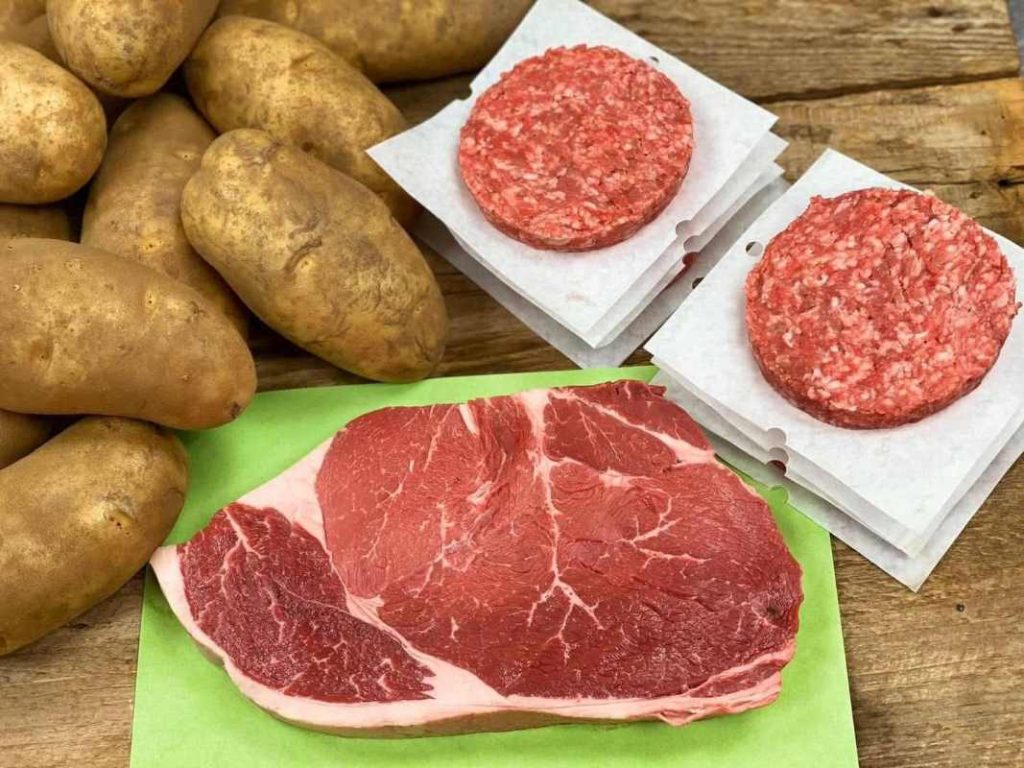
The data from the two studies earlier cited were harvested from facilities representing a vegan meat vs real meat environment. Methane emissions from plant-based meat factories were documented and compared to real meat facilities.
Water and Land Use
Beyond GHG emissions, another metric for assessing meat alternatives climate impact is checking the stress it exerts on land and water resources. It is easy to scoff at the outcome of studies on the water footprint of plant-based meats as being pro-vegan. However, a holistic review of the authorities involved will help us realize that this data, while secondary, cannot be a fluke. Earlier this year, a cross-continental review found that plant-based meat environmental impact a far cry from the carbon footprint of burgers made from real meat.
In summary, our nosing around revealed that beef, pork or chicken production has a higher water footprint, weight-for-weight, in comparison to plant-based meat.

Thanks to the work by independent researchers, the World Economic Forum, and NIH, eco-friendly diets are less straining on land resources than meat products from livestock. For one, the sustainability of vegan meat makes the rewilding of land through regenerative farming practices possible. Similarly, other land reclamation and nutrient mitigation efforts, e.g. carbon capture, make land use for plant-based meat more amenable than livestock cultivation.
Standard comparisons of livestock production, meat alternatives and carbon emissions suggest that plant-based meat environmental impact makes it healthier for the planet. We are not suggesting that outlying scenarios may exist. You know, like one involving a commensurately higher meat alternatives climate impact than livestock protein sourcing. Nonetheless, the fact remains that plant-based meat environmental impact is easier remedied than what applies to the livestock end of the spectrum.
ALSO READ: How Gen Z Is Forcing Fast Food Chains to Rethink Their Menus
The Bigger Picture: Is It Worth the Switch?
If the organoleptic acceptability of plant-based meats is out of the question, traditional meat would probably not stand a chance. In simpler terms, if consumers don’t mind the taste and mouthfeel differences of plant-based meat and traditional meat, your regular steak may go out of vogue a few years down the line.
Plant-based meat environmental impact reveals that it is healthier for the planet. Then there’s the better health outcome for consumers, thanks to the nutritional integrity. However, beyond the carbon footprint of burgers made from livestock, regular meats are some of the cheapest sources of dietary protein. This narrative may linger for a while longer while plant-based meat startups fix their economy of scale.
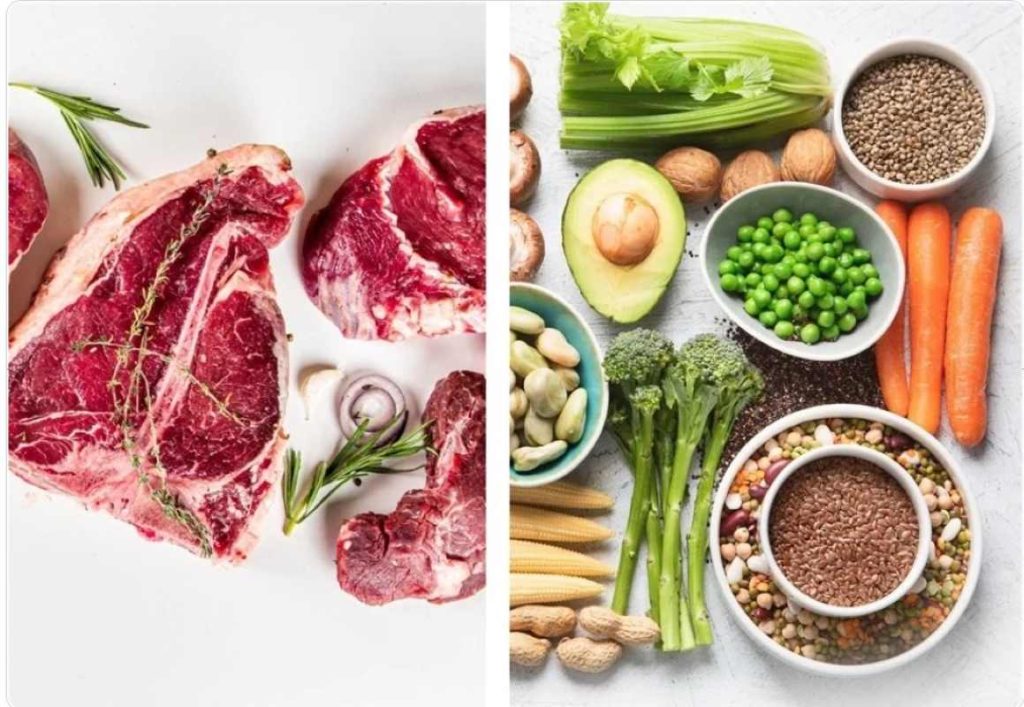
On a global scale, plant-based meats have brought us to a dietary crossroads. Why? It could influence culinary habits around the globe soon. So, even if we don’t embrace it entirely now, knowing enough about PBMs should suffice. For the time being, dietary moderation should provide you with enough calories while simultaneously keeping you healthy. Yes, dietary experts suggest that much. Cut down consumption of ultra-processed foods to a minimum. Indulge your palate, burn the calories, and keep it all in leach. Again, moderation is key!
Every bite comes with a footprint, and plant-based options might just leave lighter ones behind.
ABOUT THE AUTHOR

Babatunde Olufemi is a food scientist, educator, and science-based food writer with academic and practical exposure to food processing, nutrition, food safety, and the global food industry. Through Quill of Grubs, he breaks down complex food science topics into clear, accessible explanations for everyday readers, students, and professionals.






